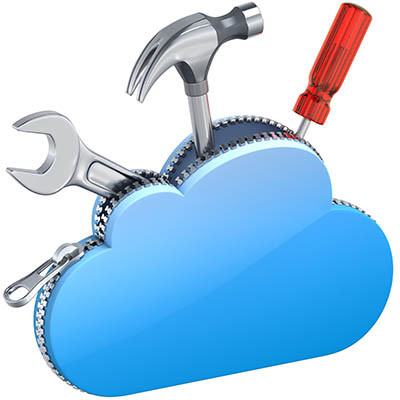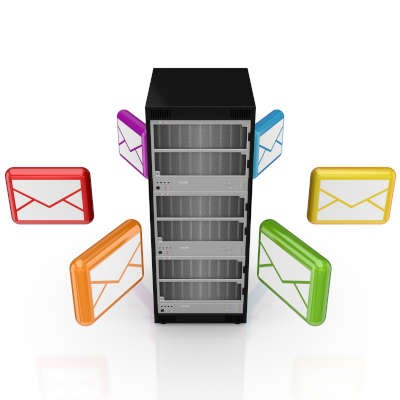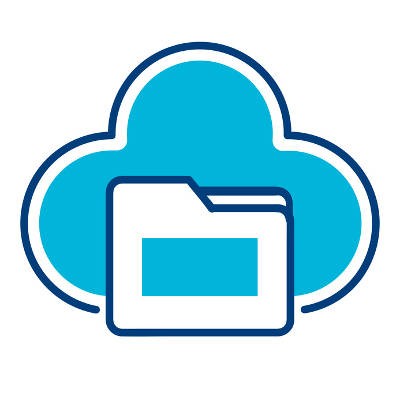JS Business Solutions Blog
If you have to rely on remote workers as a small business, you might fear what they represent to your operations: a lack of control, security challenges, and of course, productivity issues. However, in today’s remote workplace, it is important to acknowledge that remote workers played a critical role in saving countless organizations throughout the course of the pandemic.
For the past year, remote work has been basically the only option for some businesses. If the pandemic has proven anything, it is that all of our preconceived notions of remote work being impossible for certain industries and sectors are simply not true. Most businesses can leverage remote work in some capacity, so in a post-COVID world, it is your responsibility as a business owner to act on the many benefits that remote work can pose for organizations like yours.
The cloud has provided organizations with countless ways to innovate and improve operations, but for those who are just now jumping on this great opportunity, you might have some questions about how to get the most out of the cloud or how to even get started. Let’s discuss some of the major benefits of cloud computing, as well as why it’s critical to consider it in the years to come.
Each business uses a certain amount of technology to get things done, but today, no technology is as important to businesses as the Internet. You’ve begun to see businesses of all sizes spending thousands of dollars a month on Software-as-a-Service platforms designed to get workers the tools they need without placing undue pressure on a company’s capital budget. Today, we will talk about another cloud-based platform that is growing rapidly: Infrastructure-as-a-Service.
If COVID-19 didn’t already jam up your business’ progress enough after five months, it seems as though the new normal is going to include replacing onsite hardware with cloud-based alternatives. At first glance, the presence of hosted platforms comes as a godsend to the business who doesn’t want to commit large amounts of capital to a hardware refresh. The cost of cloud computing, however, could actually be a major problem for your business. Today, we’ll take a brief look at the hardware choices you have and where the value comes from.
The cloud has proven exceptionally useful to businesses in a variety of ways, as it offers a means for these businesses to continue accessing their crucial tools and solutions. Let’s examine a few utilities that your organization could receive via cloud services, and how they would benefit your processes.
The small business has been really hit hard recently. With around one-sixth of the workforce working online because of the COVID-19 pandemic, businesses have been doing some hand wringing about their future IT investments. Do you keep your computing resource onsite or do you look to the cloud to fill in? Today, we will take a look at this very question.
Tomorrow is World Backup Day, which--considering the current business climate as the coronavirus pandemic rages on--seems only too appropriate. Let’s discuss why times like these make it only too clear how critical a business continuity strategy is, especially when supported by the right backup solution.
Upgrading your business’ technology can be extraordinarily expensive. If you’ve been using the same desktops for years, but don't necessarily have the money to upgrade your whole business’ IT, an option that you can consider is deploying a hosted desktop. Today, we will define exactly what a hosted desktop is, and why it is a good solution for companies that are in a bind.
As we come up on tax time, we’re reminded just how important the professional services are. There is very little that businesses do without consultation. After all, consultants are just professionals in a field giving you advice on how to navigate forward. Lawyers, financial consultants, accountants, and advertising and marketing specialists are just a few of the crucial people that provide the average business with outside expertise.
If your business is taking advantage of the cloud to meet its operational and data storage needs, then you’re already doing something right. The cloud has changed the way businesses function, but this also needs to extend to the way businesses think about data security. How is your business or cloud provider securing your critical business data and applications stored in the cloud?
One of the biggest problems a business has with its IT infrastructure is the lack of funds a business has to commit to obtaining and maintaining the necessary computing infrastructure. Whether they’re trying to run resource-intensive application, or simply need more storage space than they can manage independently, the cloud can provide them with the means to do so.
If you suddenly were to find yourself in a data-loss situation, you would want to have some sort of backup in place to protect your critical data. However, not all backup solutions are the same, and some will do a better job than others at keeping your data safe while remaining convenient to the needs of a business. As an example, let’s compare tape backup to a cloud-based backup and data recovery solution.
Cloud computing has helped many businesses over the past few years. The many benefits it provides have enabled a variety of businesses in many industries to improve their functionality. The retail sector is a prime example of one such industry. Here are a few benefits that the cloud has imparted to those in retail--benefits that your business could enjoy as well.
Businesses today rely on technology, and as a result, their means of getting the resources they need are shifting and advancing. Consequently, cloud-based offerings have become popular because of their capabilities in the workplace. One of these capabilities has become particularly popular due to its utility to businesses: file sharing.
Small businesses rely on technology each and every day to accomplish their business goals, which are largely influenced by the technology that is available to leverage. To continue this cycle, it helps to look ahead and anticipate what will be prioritized next in computing and IT innovation. It appears that today’s businesses are more focused on convenience.
There’s no denying the importance of data management for businesses, but companies that utilize cloud-based data storage and infrastructure access have to be extra aware. How can your business ensure that your data storage methods are working for you, and not against you? For this week’s tip, we’ll discuss some of the ways that businesses can best use their cloud-based data storage without compromising efficiency.






















